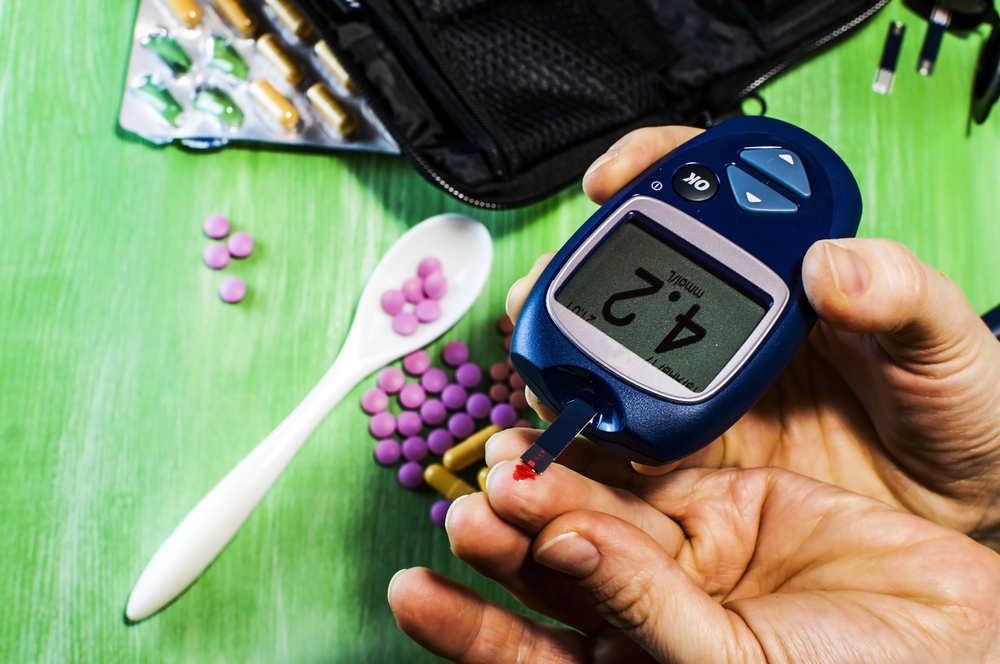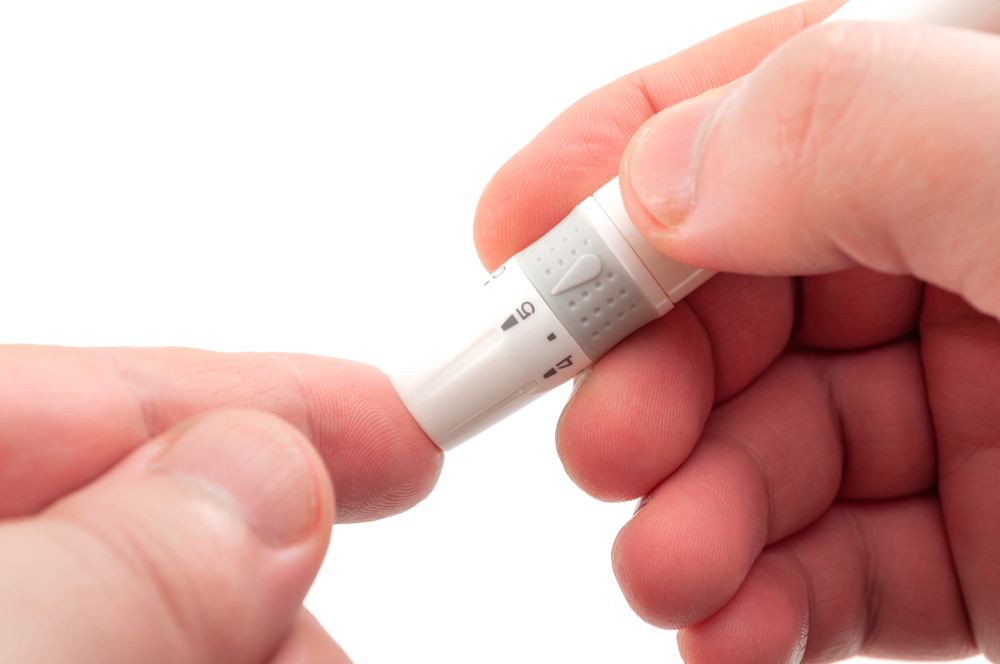
A good apple is beneficial to people with diabetes because of its low glycemic index, or “glycemic load.” The glycemic index is a measure of how foods affect blood sugar. Type 1 diabetes is caused by inadequate insulin production by the pancreas, while type 2 diabetes occurs when the body makes enough insulin but the cells don't properly use it. Apples contain polyphenols that help the body use insulin properly.
Table of Contents
Phytochemicals

Phytochemicals are plant compounds that can lower your risk of chronic diseases, including diabetes, heart disease, and cancer. Many of these compounds are found in apples. These chemicals can inhibit cancer cell growth, decrease lipid oxidation, and lower cholesterol. Phytochemicals can also help prevent cancer by repairing damaged DNA. They may also slow tumor growth.
Apples contain a number of phytochemicals, including polyphenols and flavonoids. These chemicals inhibit enzymes that break down carbohydrates, reducing the amount of simple sugar in your bloodstream. Furthermore, they help regulate your blood sugar by stimulating your pancreas to produce more insulin.
The phytochemicals in apples can lower your risk of diabetes by reducing insulin resistance. Studies have linked regular consumption of apples to a lower risk of type 2 diabetes and cardiovascular disease. Three cohort studies from 2013 also found that eating whole fruits, rather than juice, was linked with lower risk of type 2 diabetes. The antioxidants in apples are probably a key reason for this.
Apples contain a high concentration of quercetin, an antioxidant that may help prevent the development of type 2 diabetes. Furthermore, apples improve the condition of the kidneys and the liver, which are both important for diabetes sufferers. Additionally, they are low in calories, making them an excellent snack for people with diabetes.
Fiber

Many diabetics are unaware of the fiber content of apples, but eating more apples can help manage their disease. According to a Novo Nordisk certified diabetes educator, fiber is important for the digestive system. Other healthy foods that contain fiber include whole wheat pasta, small bran muffins, 1/2 cup of beans, tennis ball-sized fruit, and plain popcorn.
People with diabetes need to watch their sugar intake. Fiber helps stabilize blood sugar levels by slowing the digestion process and limiting the absorption of carbohydrates. Studies also suggest that fiber may be protective against type 2 diabetes. However, eating an apple with the skin is not advisable as it will remove the fiber content and cause your blood glucose levels to spike.
Apples are also rich in antioxidants. Antioxidants help fight disease and protect the body from chronic diseases. Research has shown that eating apples regularly can help prevent the onset of type 2 diabetes and keep blood sugar levels stable. This makes apples an excellent fruit to add to a diabetic's diet.
Insulin sensitivity

Apple is a great source of antioxidants, which help to reduce the risk of developing diabetes. They also help to reduce blood sugar levels and improve insulin sensitivity. This makes apples an excellent addition to the diet of diabetics. This fruit is loaded with vitamins, minerals, and fiber.
The high fiber content in apples helps to slow down the rate at which the body absorbs sugar. Because of this, the blood sugar level doesn't rise rapidly. In addition, the low glycemic index and low glycemic load make apples a good option for people with diabetes or those with insulin resistance. Apples also contain polyphenols, which promote insulin production and help the body absorb sugar.
However, people with diabetes should avoid sugar-sweetened foods and beverages. Fruit juice is a good alternative, but make sure to monitor your blood sugar levels before and after eating. Fruit juice also contains a lot of sugar and may increase your risk for type 2 diabetes. Try to eat whole, fresh fruit instead of fruit juice.
Apples are rich in vitamin C and fiber and may improve insulin sensitivity. You should eat an apple daily to experience the benefits of this fruit. Moreover, it will also strengthen your immune system, combat cardiovascular diseases, and help you lose weight.
Reduces blood sugar spikes

Eating an apple each day can help you lower your blood sugar. Apples are rich in fiber, which helps reduce spikes in blood sugar. However, you should remember to eat an apple in moderation. If you suffer from diabetes, it's important to consult with your healthcare professional before eating an apple.
A medium apple has less than 20 grams of sugar and over four grams of natural fiber. Pairing an apple with a protein or healthy fat can help lower your blood sugar levels. It's also helpful to eat your apple with the skin on. Eating an apple with its skin on will make it more satisfying, and the fiber will help you feel full longer. Similarly, eating a pear with the skin on can help control blood sugar levels.
Another natural way to reduce spikes in blood sugar is to add a tablespoon of apple cider vinegar to your meal. This vinegar is rich in acetic acid, which has been shown to decrease blood sugar levels after a meal. It may also help in digestion. It has been shown to improve insulin sensitivity and blood sugar balance in people with diabetes.
Low glycemic index

Low glycemic index apples are a good choice for people with diabetes. These apples contain little sugar and are a nutritious snack. Although they do contain 20 to 35 grams of carbohydrates, the fruit is rich in fiber and other nutrients. Apples are also good sources of various vitamins and minerals. People with diabetes should keep in mind that a medium-sized apple contains about four grams of dietary fiber. The fiber is thought to have beneficial effects on glucose metabolism, preventing the spikes in blood sugar and insulin levels.
People with diabetes should consume apples regularly. Apples have a low glycemic index value of 36, which means they are safe to eat for people with diabetes. Apples are rich in fibre and vitamin C and they do not dramatically raise blood glucose levels. The fiber in apples slows the digestion process and stabilizes the sugar levels. Regular consumption of apples has been found to reduce insulin resistance in diabetics.
When it comes to snacks, the best fruit to eat is low glycemic. Dried apricots have a GI of 32, which is lower than white bread. They are easy to carry and offer natural sugars to support energy levels. Additionally, apricots contain flavonoids, which protect cells from becoming damaged.
Green apples

There are 29 million people living with diabetes in the US, which is approximately 9.3% of the population. In Alabama and West Virginia, the rates are even higher, with nearly one-third of the population being diagnosed with the disease. So, it is no surprise that many people with diabetes are curious about green apples. The fact is that green apples are low in sugar and high in antioxidants, which help lower blood sugar levels. However, people with diabetes should still watch their carb intake and the total amount of fruit they consume.
Green apples have numerous health benefits, and one of the most significant is its dietary fibre content, which assists the digestive process and aids in detoxification. Although all types of apples are healthy, green apples are particularly high in nutrients and are loaded with vitamins and minerals. Eating an apple regularly can significantly reduce your risk of digestive problems and help stabilize blood sugar levels.
Research has also suggested that green apples are beneficial for people with diabetes because they can lower blood sugar levels. They may also help to reduce your risk of developing cardiovascular diseases. Furthermore, apples can lower the risk of type 2 diabetes. However, more studies are needed to find out how apple consumption affects people with diabetes. Green apples contain pectin, which encourages the growth of healthy bacteria in the digestive system and breaks down food more effectively.










